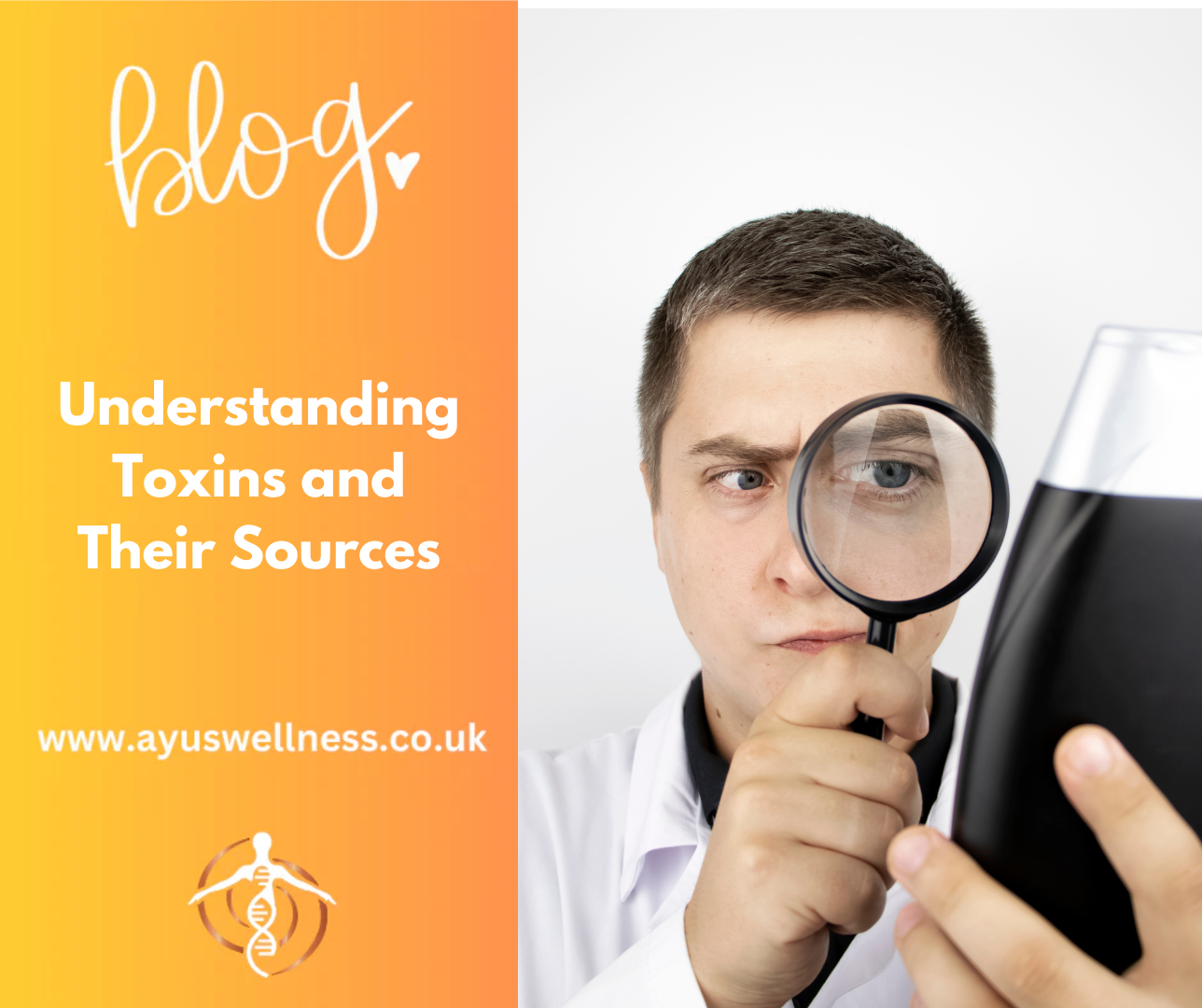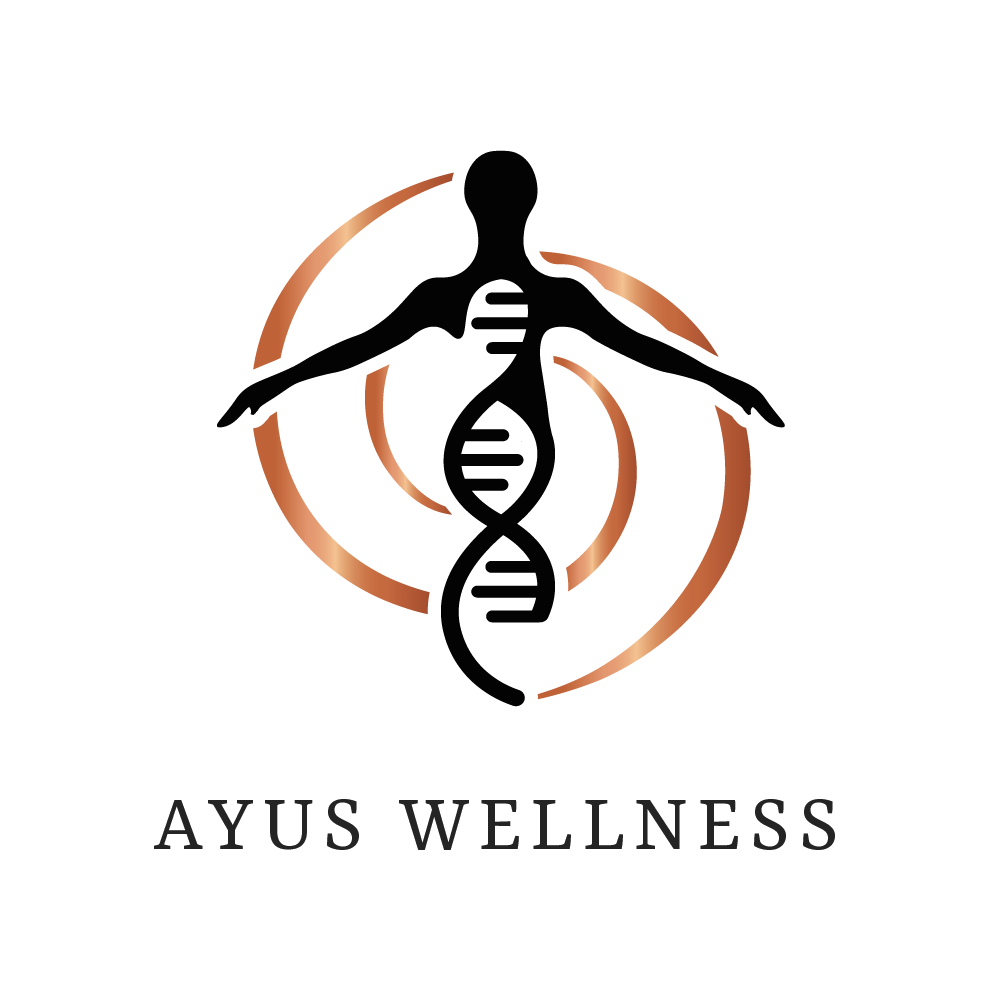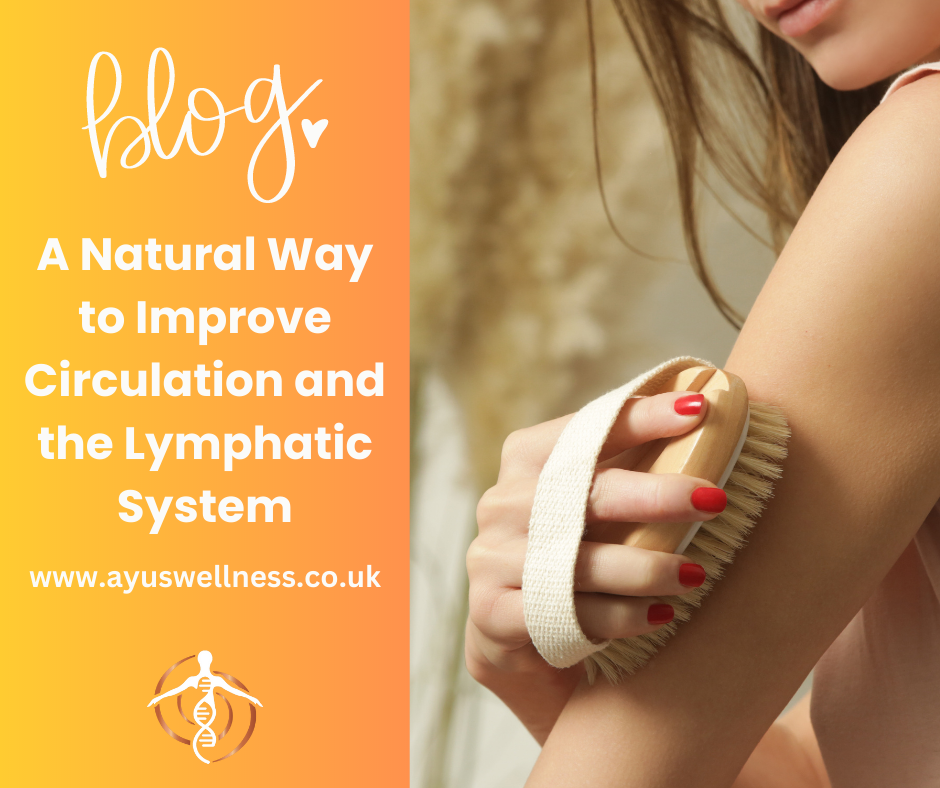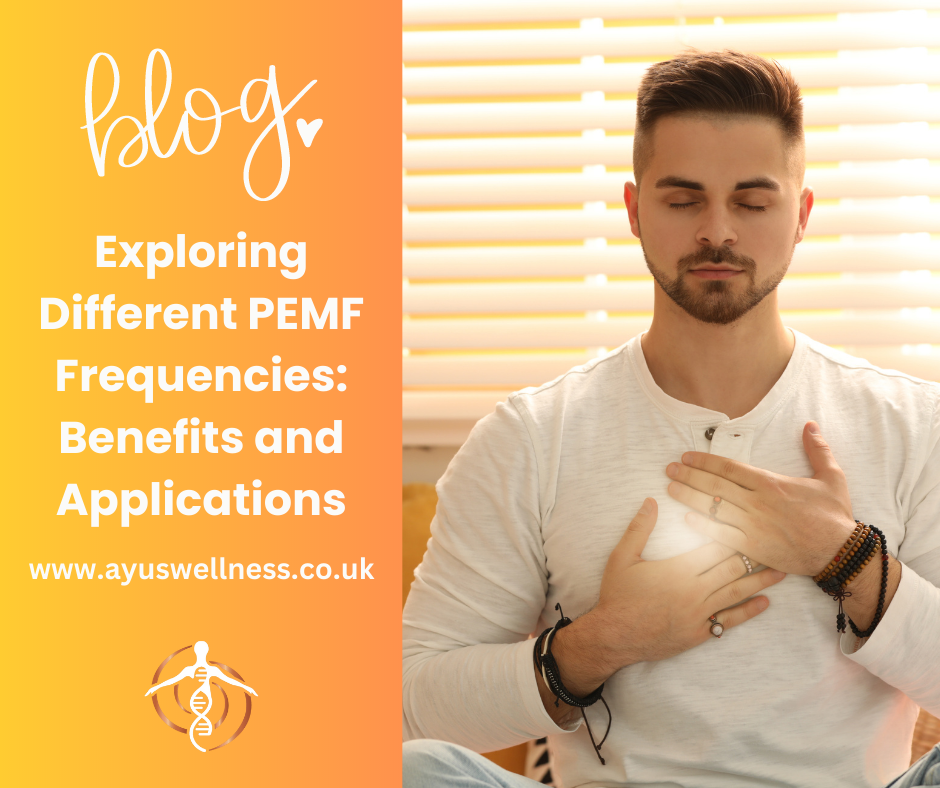
Environmental toxins are harmful substances found in our surroundings. They can originate from natural sources or result from human activities. Common sources include:
1. Air Pollution
- Sources: Vehicle emissions, industrial processes, and burning fossil fuels.
- Toxins: Particulate matter, nitrogen oxides, sulfur dioxide, carbon monoxide.
2. Water Contaminants
- Sources: Agricultural runoff, industrial waste, and improper disposal of chemicals.
- Toxins: Pesticides, heavy metals (lead, mercury), pharmaceuticals.
3. Food Additives and Contaminants
- Sources: Pesticides, food packaging, and processing chemicals.
- Toxins: Bisphenol A (BPA), phthalates, artificial preservatives.
4. Household Products
- Sources: Cleaning products, personal care items, and furniture.
- Toxins: Volatile organic compounds (VOCs), parabens, formaldehyde.
5. Building Materials
- Sources: Construction materials, paints, and insulation.
- Toxins: Asbestos, formaldehyde, lead.
Health Effects of Toxin Exposure
Exposure to environmental toxins can lead to a range of health issues, depending on the type and level of exposure. Here are some common health effects:
1. Respiratory Issues
Airborne toxins such as particulate matter and VOCs can cause respiratory problems, including asthma, bronchitis, and chronic obstructive pulmonary disease (COPD).
2. Neurological Effects
Toxins like lead and mercury can have severe effects on the nervous system, leading to cognitive deficits, developmental delays in children, and neurodegenerative diseases in adults.
3. Endocrine Disruption
Certain chemicals, such as BPA and phthalates, can disrupt hormone function, leading to reproductive issues, thyroid disorders, and metabolic problems.
4. Cancer
Prolonged exposure to carcinogenic toxins, including asbestos, benzene, and certain pesticides, can increase the risk of various cancers, including lung, breast, and liver cancer.
5. Immune System Suppression
Chronic exposure to environmental toxins can weaken the immune system, making the body more susceptible to infections and diseases.
Strategies to Reduce Toxin Exposure
Reducing exposure to environmental toxins is crucial for protecting your health. Here are practical strategies to minimize exposure:
1. Improve Indoor Air Quality
- Ventilate: Ensure proper ventilation in your home to reduce indoor air pollution.
- Air Purifiers: Use air purifiers with HEPA filters to capture airborne toxins.
- Houseplants: Incorporate houseplants known for their air-purifying qualities, such as spider plants and peace lilies.
2. Choose Safe Water Sources
- Filter Water: Use water filters to remove contaminants from drinking water.
- Test Water: Regularly test your water supply for pollutants, especially if using well water.
3. Opt for Organic Foods
- Organic Produce: Choose organic fruits and vegetables to reduce pesticide exposure.
- Natural Foods: Avoid processed foods and opt for whole, natural foods whenever possible.
4. Use Non-Toxic Household Products
- Natural Cleaners: Use natural cleaning products made from ingredients like vinegar, baking soda, and essential oils.
- Personal Care: Choose personal care products that are free from harmful chemicals, such as parabens and phthalates.
5. Be Mindful of Building Materials
- Low-VOC Paints: Use low-VOC or zero-VOC paints and finishes.
- Safe Materials: Opt for non-toxic building materials and furnishings.
6. Limit Plastic Use
- Alternatives: Use glass, stainless steel, or silicone containers instead of plastic.
- Avoid Heat: Do not heat food in plastic containers to prevent chemical leaching.
FAQs
Q: How can I know if a product contains harmful toxins?
A: Look for certifications like "organic," "BPA-free," or "phthalate-free" as an initial guide, though be cautious - just because something is free from one thing, it doesn’t mean it is free from something equally problematic. Use resources like the Environmental Working Group (EWG) to research products and their ingredients.
Q: Are natural products always safer?
A: While natural products are generally safer, it's important to read labels and research ingredients. Some natural substances can still cause allergic reactions or irritation.
Q: Can reducing toxin exposure improve existing health issues?
A: Reducing exposure to environmental toxins can help alleviate symptoms and prevent further health complications. However, it's essential to consult with healthcare professionals for specific health concerns.
Wrapping It Up
Understanding the connection between toxin exposure and health is crucial for maintaining well-being. By recognizing common sources of environmental toxins and implementing strategies to minimize exposure, you can protect yourself and your family from potential health risks. Embrace these practical tips to reduce toxin exposure and promote a healthier lifestyle.



